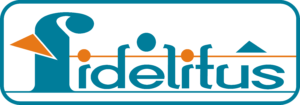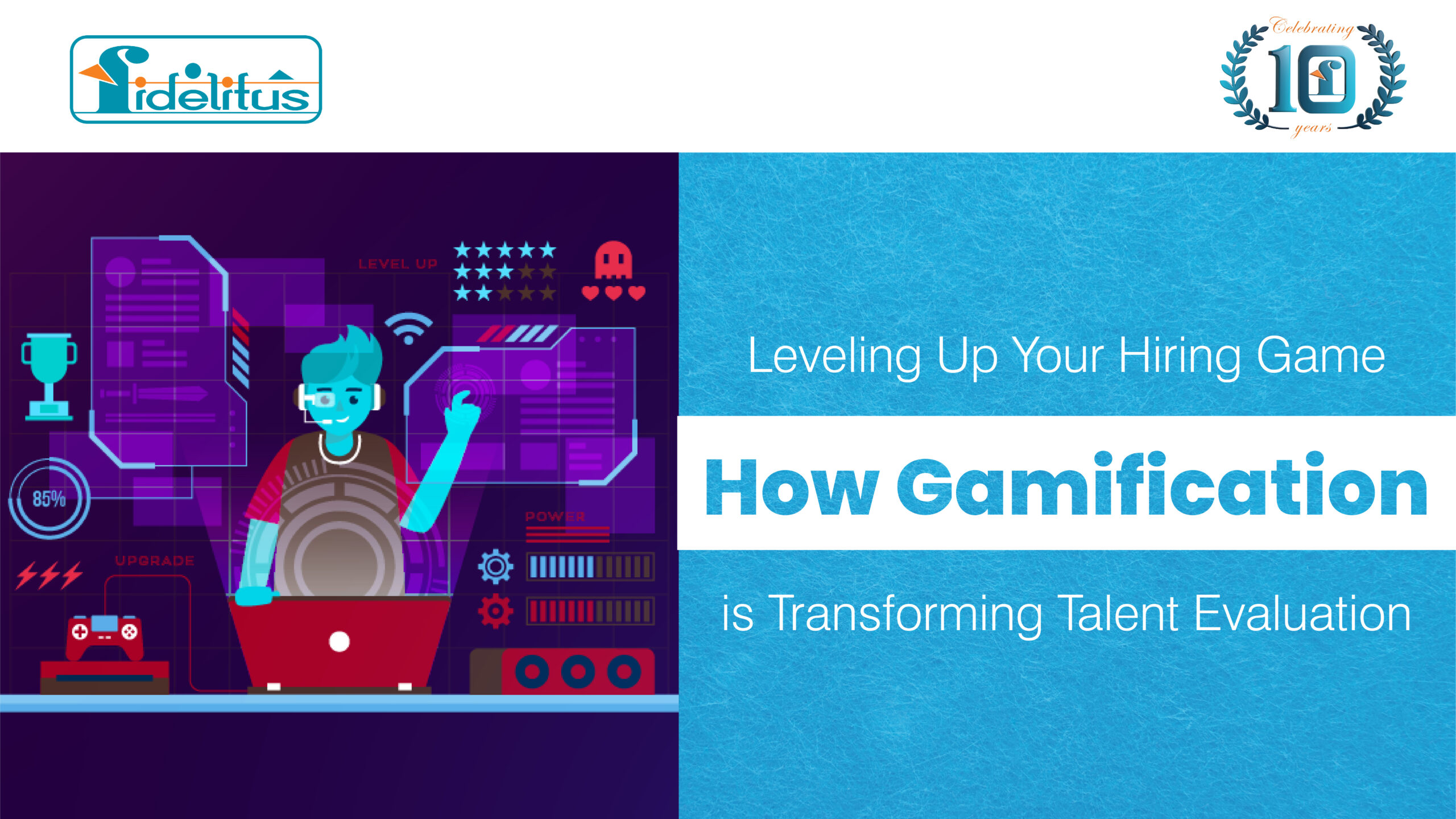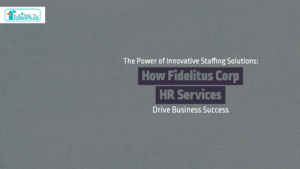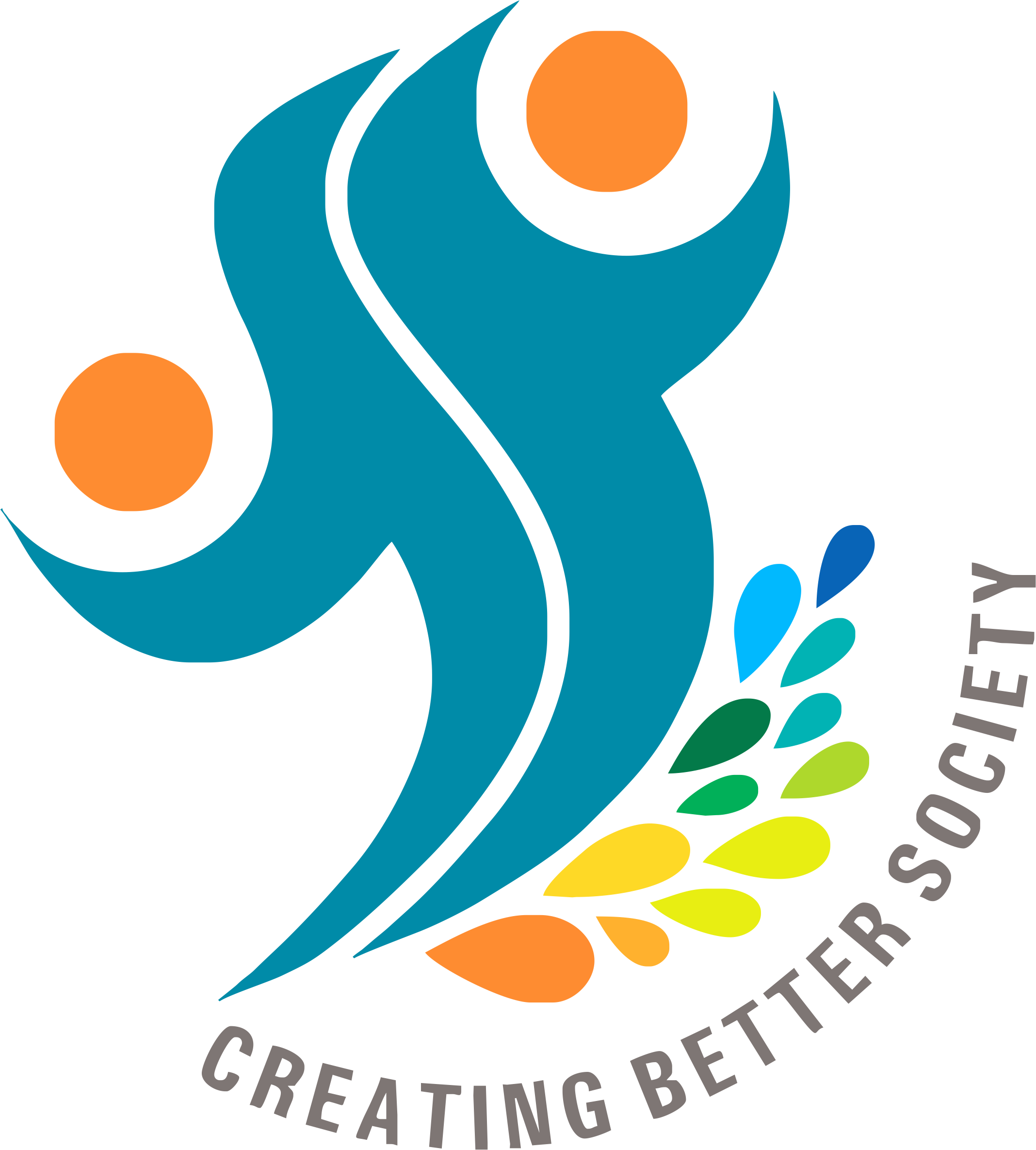 Introduction:
Introduction:
Imagine a top executive vying for a coveted position at a cutting-edge company. Instead of enduring the customary grilling of interviews and mundane assessments, they find themselves in a virtual realm, solving puzzles, collaborating with virtual teammates, and navigating immersive scenarios. Welcome to the world of gamified assessments, where hiring is a thrilling adventure.
The Power of Play:
In a world where video games have captured the hearts of millions, it’s no surprise that playfulness is infiltrating the job market. Gamification, the art of applying game elements to non-game contexts, has entered the arena of talent evaluation. It’s changing the rules and redefining how organizations identify and onboard top talent.
Why Gamify Assessments?
Think back to the last time you attended a traditional job interview, enduring hours of answering questions and solving hypothetical problems. It’s often a one-sided experience, leaving candidates feeling like they’re on a stage under a spotlight. Gamified. assessments flip the script. They engage candidates, transforming a tedious process into an exciting journey.
Gamification doesn’t just make the hiring process more enjoyable; it also offers several advantages. It measures a candidate’s skills and abilities in a real-world context, revealing their problem-solving prowess, adaptability, and creativity. Moreover, it creates memorable candidate experiences, ensuring your organization stands out.
To reiterate, Here are some strong reasons for gamified assessments:
- Gamified assessments provide a more engaging and immersive experience for candidates, which can help attract top talent to your organization.
- They can help identify candidates who may not have the traditional qualifications or experience but possess the skills and traits needed for the job.
- Gamified assessments can provide a more objective and unbiased evaluation of candidates compared to traditional assessments, as they focus on performance in real-world scenarios rather than subjective opinions.
- They can help reduce bias and discrimination in the hiring process by providing a standardized and fair evaluation method for all candidates.
- Gamified assessments can provide valuable insights into a candidate’s soft skills, such as problem- solving, teamwork, and creativity, which are often difficult to assess in traditional assessments.
- They create a positive candidate experience, which can enhance your brand reputation and improve your chances of attracting and retaining top talent.
- Gamified assessments allow for customization and personalization, providing a
tailored experience for each candidate and catering to their strengths and
weaknesses.
Game On: How It Works:
But how does this playful approach to talent evaluation actually work? Gamified assessments employ elements such as points, levels, badges, and leaderboards to create a game-like experience. Candidates are presented with challenges that mirror the actual tasks they’ll face on the job. Whether it’s coding challenges for software developers or strategic decision-making for managers, the assessments immerse candidates in scenarios that truly matter.
Imagine a software developer facing a coding challenge where they have to debug a virtual application. As they work through the problem, they earn points for solving issues and completing tasks. The system records their decisions, speed, and accuracy, providing valuable insights into their problem-solving skills.
Real-World Success Stories:
Some of the world’s leading organizations have already embraced gamified assessments with resounding success. For instance, Formapost, a French postal service, was grappling with high employee turnover rates, especially among new hires. Approximately 25% of new employees left the company, signaling potential issues in the hiring process. To address this challenge, Formapost launched the “Jeu Facteur Academy.
“The “Jeu Facteur Academy” allowed potential candidates to experience a virtual week in the life of a new postal carrier. This gamified experience included waking up early in the morning, learning about the job, and understanding the ethical aspects of the role. It served as a way to manage candidates’ expectations and provide a realistic preview of the job. The result? Increased retention and a more engaged workforce.
Similarly the renowned hotel chain created a game called “My Marriott Hotel,” which allows potential candidates to experience running a virtual hotel. This game helps identify high-potential candidates for roles within the company. It provides a unique and engaging way to assess candidates’ skills and aptitude for hospitality roles.
Building a Gamified Assessment: Tips and Strategies:
For HR professionals interested in adopting gamification, here are some tips and strategies:
1. Align with Job Requirements: Ensure that game elements in assessments align with the specific job requirements and skills you’re looking for. Tailor challenges to reflect real-world scenarios.
2. Fairness and Inclusivity: Design assessments that are fair and inclusive to all candidates. Avoid biases and ensure that the game does not favor certain demographics or backgrounds.
3. Feedback and Transparency: Provide candidates with feedback on their performance within the game. Transparency helps them understand where they excelled and where they can improve.
Beyond the Score: What Gamified Assessments Reveal:
Traditional assessments often provide a one-dimensional view of a candidate’s abilities. They rely heavily on qualifications and question-and-answer sessions. In contrast, gamified assessments reveal a multidimensional picture. They showcase not only a candidate’s skills but also their ability to think on their feet, collaborate, and adapt—an
essential set of skills in today’s rapidly changing work environment.
For instance, a candidate who excels in a gamified assessment for a managerial position may not only demonstrate excellent decision-making skills but also their ability to motivate and lead a team during a challenging virtual project. These insights are invaluable in making well-informed hiring decisions.
Challenges and Considerations:
While the benefits of gamification in assessments are evident, it’s not without challenges. Implementing gamified assessments requires a robust technological infrastructure. Additionally, there’s the risk of candidates trying to ‘game’ the system, focusing on winning rather than showcasing their true skills. However, these challenges can be mitigated through careful planning and the use of appropriate assessment tools.
The Future of Talent Evaluation:
The world of gamified assessments continues to evolve. Virtual reality assessments are on the horizon, offering even more immersive experiences. Artificial intelligence is making assessments smarter, providing real-time feedback and adaptability to candidates’ responses. These innovations promise to take talent evaluation to the next level.

In the world of talent acquisition, gamification is more than just a trend; it’s a revolution. It transforms the hiring process from a tedious chore into an exciting adventure. It engages candidates, provides valuable insights, and creates memorable experiences.
So, as you embark on your hiring journey, consider incorporating gamification into your assessments. It’s not just about finding the right candidate; it’s about finding the right candidate while making the process enjoyable and insightful for everyone involved. Level up your hiring game, and watch your organization thrive.
Real-world examples of gamified assessments include:
- Pymetrics: A platform that uses neuroscience games to evaluate cognitive and emotional traits, helping companies match candidates to jobs.
- Knack: A suite of games that measure cognitive, personality, and social traits to identify high-potential candidates.
- Arctic Shores: A game-based assessment platform that measures cognitive abilities, personality traits, and job-related skills to predict job performance.
- Virgin Media: The company created a gamified assessment that challenged candidates to navigate a virtual maze, testing their problem-solving and strategic thinking skills.
- Marriott: The hotel chain created a game called “My Marriott Hotel,” which allows potential candidates to experience running a virtual hotel, helping to identify high potential candidates for roles in the company.









